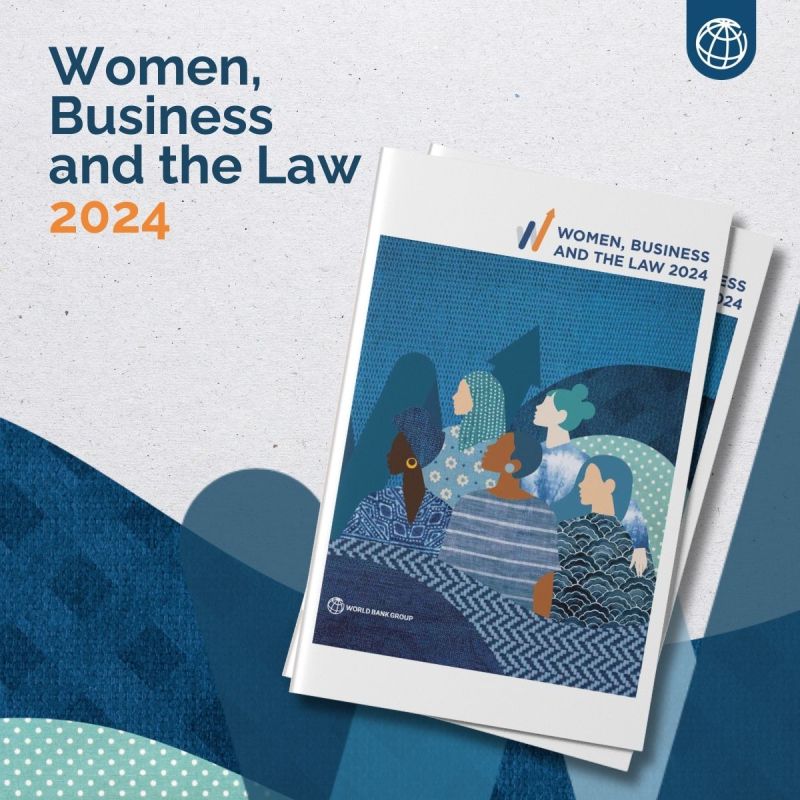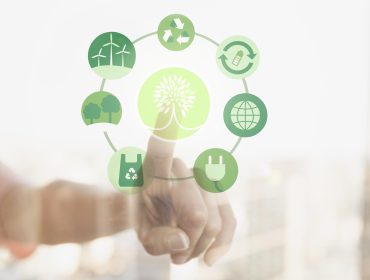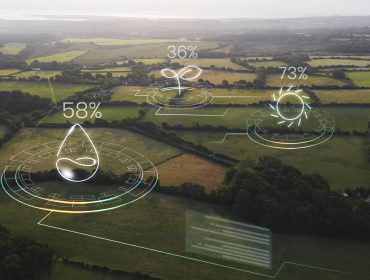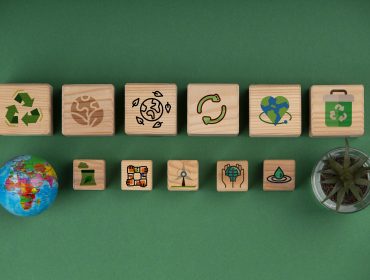
Women, Business and the Law 2024: Breaking Down Barriers to Achieve Gender Equality
Women, Business and the Law 2024 This year’s report, the 10th in the series, finds that women worldwide continue to have fewer legal rights than men and that the weak implementation of gender equality laws exacerbates gender gaps. For the first time, Women, Business and the Law analyzes not only the pace of legal reforms to create equal economic opportunities for women, but also countries’ efforts to implement those laws. The report finds a shocking implementation gap in all 190 economies measured.
The global gender gap for women in the workplace is far wider than previously thought, a groundbreaking new World Bank Group report shows. When legal differences involving violence and childcare are taken into account, women enjoy fewer than two-thirds the rights of men. No country provides equal opportunity for women—not even the wealthiest economies.
The latest Women, Business, and the Law report offers a comprehensive picture of the obstacles that women face in entering the global workforce and contributing to greater prosperity—for themselves, their families, and their communities. It expands the scope of its analysis, adding two indicators that can be critical in opening up or restricting women’s options: safety from violence and access to childcare services. When those measures are included, women on average enjoy just 64% of the legal protections that men do—far fewer than the previous estimate of 77%.
The gender gap is even wider in practice. For the first time, Women, Business and the Law assesses the gap between legal reforms and actual outcomes for women in 190 economies. The analysis reveals a shocking implementation gap.
Effective implementation of equal-opportunity laws depends on an adequate supporting framework, including strong enforcement mechanisms, a system for tracking gender-related pay disparities, and the availability of healthcare services for women who survive violence.
Women also face significant obstacles in other areas, such as entrepreneurship, for example. Just one in every five economies mandates gender-sensitive criteria for public procurement processes, meaning women are largely cut out of a $10-trillion-a-year economic opportunity.
Related Post
SME climate finance stocktake: Turning ambition...
Small and medium-sized enterprises are vital to global climate action, yet access to green finance remains a major barrier to scaling their ...
Sustainability Meets Growth: A Roadmap for...
Small and medium-sized enterprises (SMEs) represent 90% of businesses globally and account for 40%-60% of business-sector greenhouse gas (GH...
Scaling Up Support for SME Sustainability:...
Small and medium-sized enterprises (SMEs) are central to the green transition. As innovators, they create new sustainable technologies and s...




